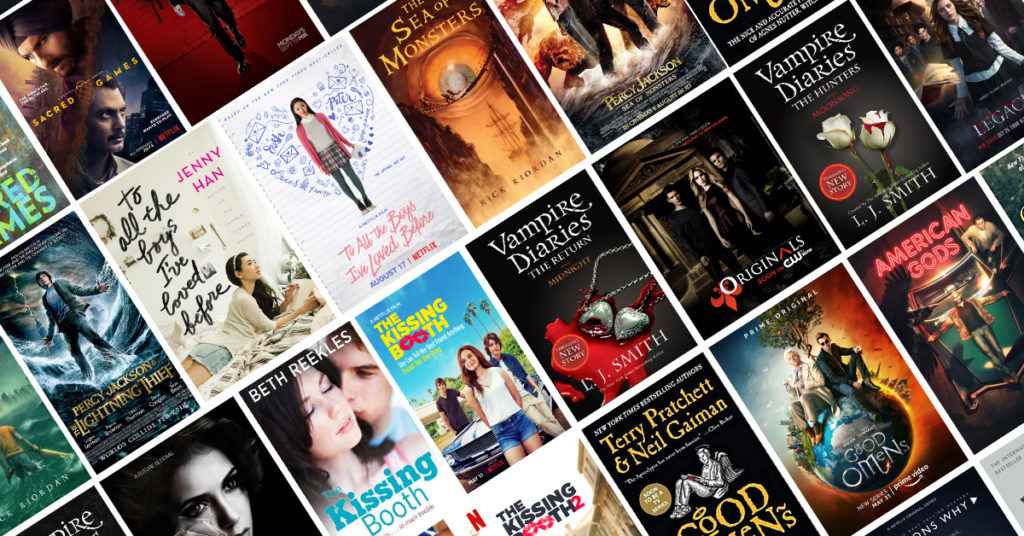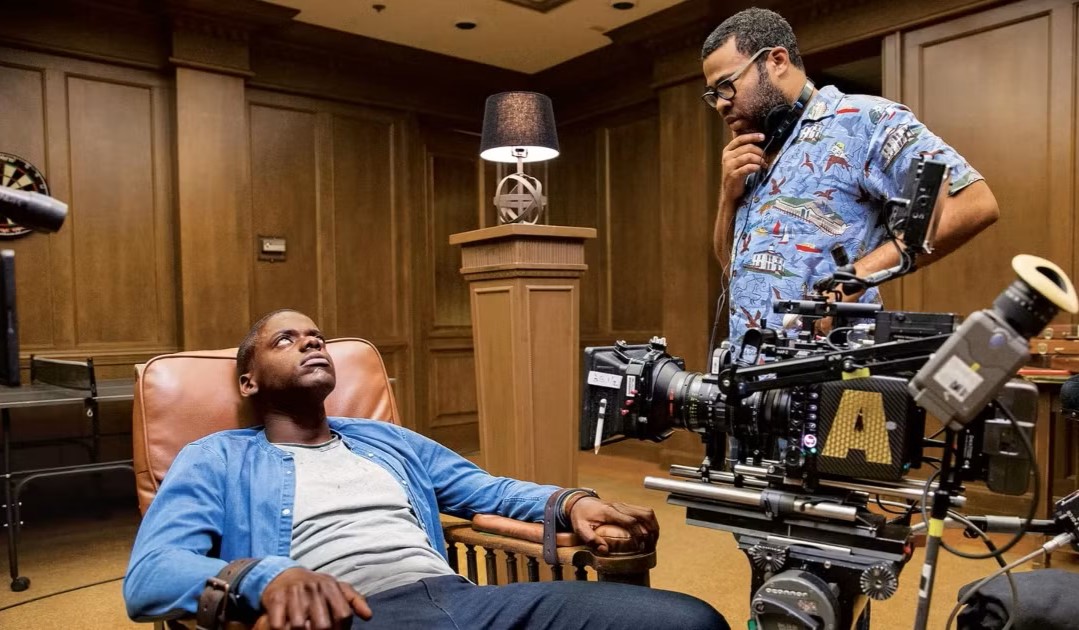In recent years, documentaries have emerged as a powerful medium for storytelling, offering viewers a lens into real-life events, social issues, and the diverse tapestry of human experiences. Unlike traditional narratives, documentaries often challenge audiences to confront uncomfortable truths, inspire change, and foster understanding. This shift towards documentary filmmaking has seen an explosion of creative, thought-provoking works that resonate with global audiences, addressing everything from environmental crises to personal journeys of resilience.
One standout documentary that has made a significant impact is “13th,” directed by Ava DuVernay. Released in 2016, this groundbreaking film delves into the history of racial inequality in the United States, exploring the intersection of race, justice, and mass incarceration. The film’s title references the 13th Amendment, which abolished slavery but included a loophole allowing forced labor for those convicted of crimes. Through a combination of archival footage, expert interviews, and powerful storytelling, DuVernay effectively illuminates systemic racism and the ongoing struggles faced by marginalized communities. The documentary not only sparked national conversations about race and justice but also garnered critical acclaim, earning numerous awards and nominations.
Another compelling work is “My Octopus Teacher,” directed by Pippa Ehrlich and James Reed. Released on Netflix in 2020, this documentary chronicles the relationship between filmmaker Craig Foster and a wild octopus living in a South African kelp forest. Through stunning cinematography and a touching narrative, the film explores themes of connection, empathy, and the wonders of nature. Foster’s intimate observations of the octopus’s life reveal profound insights about the fragility of marine ecosystems and the importance of preserving our natural world. “My Octopus Teacher” won the Academy Award for Best Documentary Feature in 2021, captivating audiences with its breathtaking visuals and heartfelt storytelling.
“The Social Dilemma,” directed by Jeff Orlowski, has also made waves by addressing the pervasive influence of social media on society. Released in 2020, this documentary combines interviews with tech experts and dramatizations to illustrate the impact of social media algorithms on mental health, privacy, and democracy. The film serves as a wake-up call, urging viewers to critically evaluate their relationship with technology and consider the broader implications of digital communication. By exposing the hidden mechanisms behind social media platforms, “The Social Dilemma” has sparked discussions about ethics, privacy, and the responsibility of tech companies.
In the realm of environmental documentaries, “Chasing Ice,” directed by Jeff Orlowski, stands out for its powerful portrayal of climate change. Released in 2012, the film follows photographer James Balog as he captures the effects of global warming on glaciers in the Arctic. Through breathtaking time-lapse photography, Balog documents the dramatic retreat of ice and the alarming consequences for ecosystems and communities worldwide. “Chasing Ice” serves as a poignant reminder of the urgent need for environmental awareness and action, inspiring viewers to reflect on their role in combating climate change.






